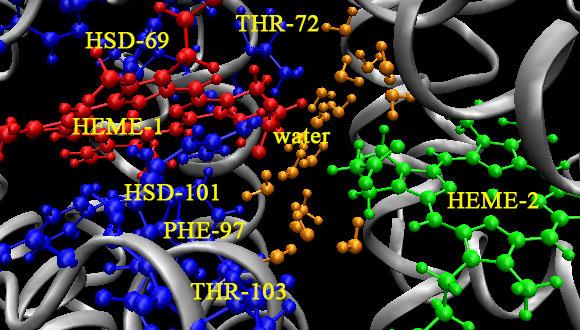Physical Chemistry Seminar: Polymer Chains under External Force
Dr. Liel Sapir, Department of Mechanical Engineering and Materials Science, Duke University, North Carolina, US
Abstract:
Stretching a flexible polymer chain results in a positive chain tension that is due primarily to conformational restrictions. This tension impacts both the elasticity of the entire chain as well as the properties of individual bonds. At the chain level, conformations and elasticity are controlled by local stiffness and long-range correlations along the chain. With increasing applied tension these correlations are gradually cut off resulting in increased chain stiffness. Our theory explains the higher stiffness measured in single-molecule force spectroscopy experiments compared with scattering experiments of unperturbed chains. At the level of individual bonds, it is commonly assumed that bond tension and chain tension are identical or at least directly related when a chain is stretched. This assumption is incorrect in cases where bond tension strongly depends on pressure. Specifically, when polymer networks are compressed, the chains oriented in the "free" direction are extended while their bonds are compressed. Molecular simulations corroborate our theories, which explain the non-classical effects of chain tension on both chain stiffness and bond tension.
Seminar Organizer: Prof. Guy Cohen


